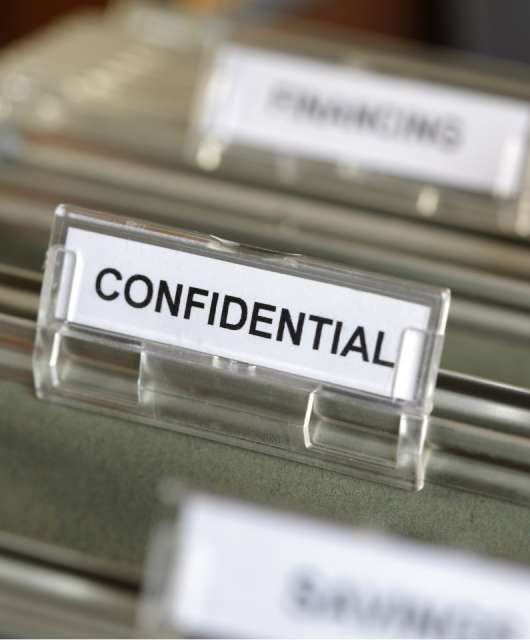
As the year draws to a close, many retailers take the opportunity to slash the prices on goods, allowing us to take advantage of some great offers. With Christmas just around the corner, events such as Black Friday are great ways to get gifts for friends and family at significantly lower prices.
However, the if the idea of being surrounded by hundreds of frantic shoppers, worn out sales assistants, and long queues fills you with dread, then perhaps Cyber Monday is the shopping event for you. This term, which was coined in 2005 and falls on the Monday following Thanksgiving in the USA, was thought up by marketers to promote online shopping, with special deals that aren’t available in-store.
So, now that you don’t have to worry about the stressful experience of going to the store, we’ve put together a few tips to ensure you won’t have any stressful experiences after shopping online. Take a look below and make sure your Cyber Monday is a safe and stress-free one!
Black Friday and Cyber Monday: How to shop safely online
-
Stick to well-known websites
The first thing you can do to be safe while shopping online is to only use trusted, official websites. Start your shopping by going directly to the store’s website as opposed to using a search engine to find what you need. Also, only continue if you see that the website is secure by checking that the URL begins with HTTP and that the lock symbol is present.
-
Only use a secure Wi-Fi connection
This is a fundamental one, yet people continue to ignore it. Public Wi-Fi may be convenient, especially if you are relaxing at a café and spot a bargain online which you can’t resist. However, it’s best to carry out purchases from the safety of your home, where you have control over who else is connected to your network.
-
Check your statements
Keep up to date with all transactions carried out with your bank account as the sooner you spot something unusual, the quicker and easier it will be to avoid bigger problems. If you spot something suspicious, contact your bank immediately.
-
Be aware of the returns policy
When shopping online, remember that the returns or exchange policy may be different to that in store. Also, some stores may only offer store credit on reduced goods, so always check before you buy.
-
Keep your computer updated and protected
Giving out your bank details online involves an element of trust, so the best way to ensure that nobody else gets their hands on you sensitive information is to have a protected and up-to-date computer. Keep your operating system updated and always use a trusted antivirus that best fits your needs.
-
Be wary of email offers
It’s common to be bombarded with emails offering you great discounts or offers, but treat them with suspicion. Avoid clicking on links sent via email and verify that the offers are valid on the official website instead.





